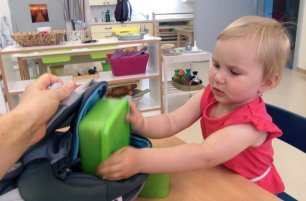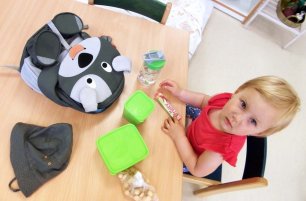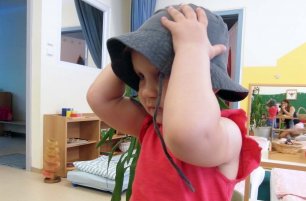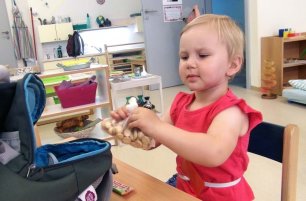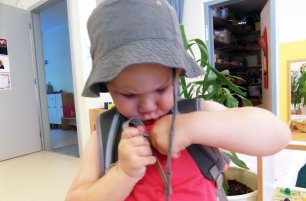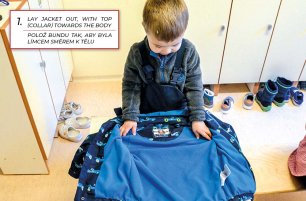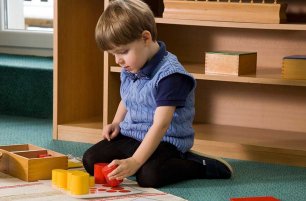Let´s pack for a trip with your Toddler
Summer is the perfect time for trips and outings. A backpack of their very own is a great gift for an older toddler or a pre-schooler: It builds their independence and confidence as they actively participate in preparing for each trip, and then carry their necessities by themselves.
1. Help your child select their items
Would they like to take crackers or biscuits for snack? A pack of tissues? The red water bottle or the blue one?

2. Help your child pack it by themselves
Packing the bag helps your child remember exactly what is inside - and feel much more enthusiastic about carrying it!

3. Be careful about weight
Use only a small water bottle (you can always refill it) and light-weight items. The purpose is your child's empowerment, not tiring them out, and excessive weight can be harmful to their back and posture.

4. Look for a backpack with a front clip
Speaking of back and posture, front-clipping backpacks are helpful as they keep straps from sliding down and the backpack from shifting onto your child's elbows and lower back.

5. Don't forget your sunscreen and hat!

Want to learn more? Read our next article:
